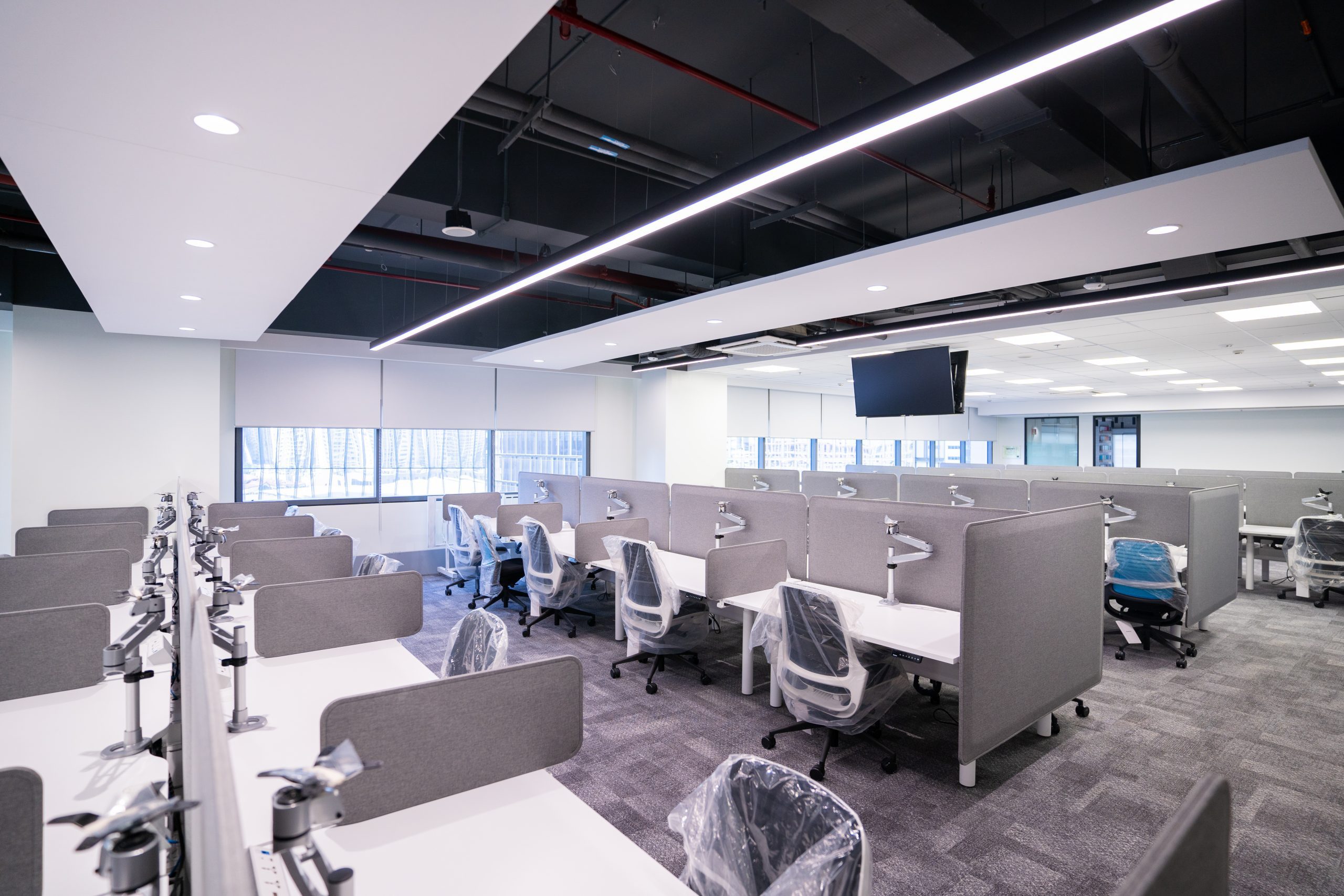As the world shifts toward sustainability, the real estate market is no exception. Occupiers are increasingly drawn to green buildings, transforming energy efficiency from a bonus into a necessity.
Today’s discerning tenants and investors are no longer just concerned with location or aesthetic appeal—they prioritize environmental impact. This shift toward greener spaces signals a fundamental change in how we view the places we occupy, not just as shelters or workplaces but as contributors to a more sustainable future.
More Occupiers Are Choosing Green Buildings: Here’s Why
In recent years, the demand for green buildings has soared. Occupiers are now actively seeking environmentally friendly spaces, recognizing that these buildings offer more than just reduced energy bills.
Tenants enjoy healthier indoor environments with improved air quality, natural lighting, and materials that are better for their health.
As sustainability becomes a core element of corporate social responsibility (CSR), companies are looking for buildings that align with their environmental goals.
Occupiers also see green buildings as future-proof investments, knowing that as the world increasingly focuses on climate change, sustainable spaces will maintain or even increase their value.
Green Certifications: Raising the Bar in Real Estate

To meet the growing demand for energy-efficient buildings, certifications like the following have become the gold standard in real estate:
- LEED (Leadership in Energy and Environmental Design)
- EDGE (Excellence in Design for Greater Efficiencies)
- BERDE (Building for Ecologically Responsive Design Excellence)
- WELL Building Standard
These certifications assess buildings based on sustainability criteria such as energy savings, water efficiency, and overall environmental impact.
Green certifications serve as a mark of quality, attracting occupiers who seek validation that a building meets stringent environmental requirements. Investors and developers who obtain these certifications benefit from greater marketability and premium rents, while occupiers gain confidence in the environmental sustainability of their space.
As certifications rise, they create a new norm—one where properties without these credentials risk losing relevance.
RA 11285: Enforcing Sustainability in Real Estate
Legislation has also caught up with the green building movement. The Energy Efficiency and Conservation Act, or RA 11285, mandates energy-saving measures across various industries, including real estate. This law compels building owners and developers to adopt energy-efficient systems and practices, pushing the industry toward greener construction and operations.
For landlords and developers, compliance with RA 11285 not only helps protect the environment but also provides a competitive edge. Properties adhering to these standards are more attractive to sustainability-minded tenants and investors, providing long-term operational savings while ensuring compliance with government regulations.
The Practicality of Going Green: A Win-Win for Occupiers and Landlords
Beyond the moral imperative, the financial benefits of going green are undeniable. For occupiers, green buildings mean lower Common Use Service Area (CUSA) costs. Energy-efficient systems, from LED lighting to optimized HVAC systems, reduce electricity consumption, which directly translates to lower utility bills.

For landlords, the benefits are equally compelling. Lower operational expenses (OpEx) allow for better margins in building maintenance and operation. Energy-efficient designs and materials, while often requiring higher upfront costs, yield long-term savings that make them highly cost-effective.
Research Insight: Reducing Energy Costs in Real Estate
Santos Knight Frank’s research on reducing real estate energy costs sheds light on the practical steps owners and landlords can take to optimize their buildings. From retrofitting older properties with energy-efficient technologies to implementing smart building systems, there are myriad ways to cut energy expenses.
The research highlights that properties using advanced energy management systems reduce electricity consumption by as much as 25%. This means that energy conservation is not just about being environmentally friendly; it’s a key driver of profitability in today’s real estate market.
By implementing these measures, landlords can significantly lower operating costs while simultaneously boosting the property’s market value.
Conclusion: Green Buildings—The Future of Real Estate

As more occupiers prioritize energy-efficient, sustainable spaces, it’s clear that the green appeal is not just a passing trend—it’s the future of real estate.
Investors, developers, and landlords who embrace energy conservation will be better positioned to meet the demands of tomorrow’s market while reaping the financial benefits of lower operational costs and higher occupier satisfaction.
In a world where sustainability is becoming synonymous with smart investing, green real estate is not just about reducing energy consumption—it’s about creating spaces that align with the evolving behaviors and expectations of modern occupiers.
Whether it’s through adopting green certifications, complying with RA 11285, or implementing energy-saving measures, the message is clear: energy conservation sells.
Contact us today to learn more on how you can apply this for your business.
- Tags:


